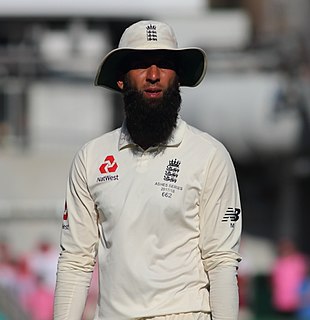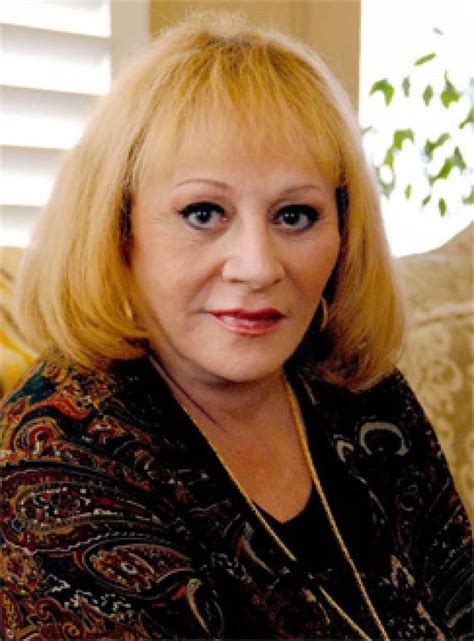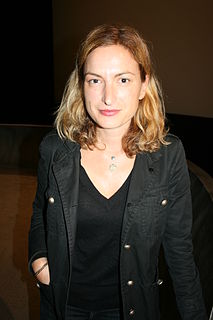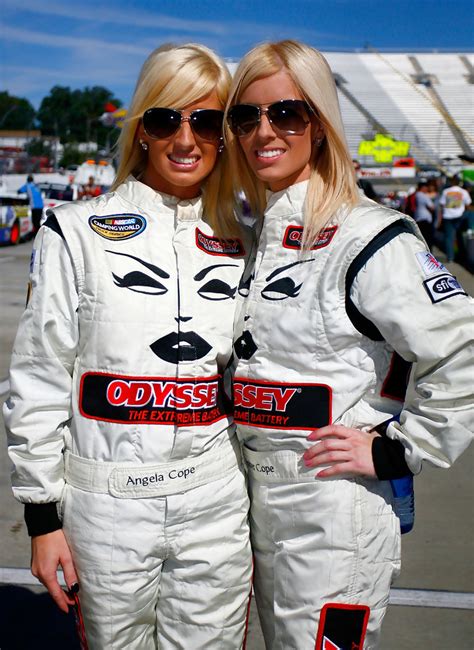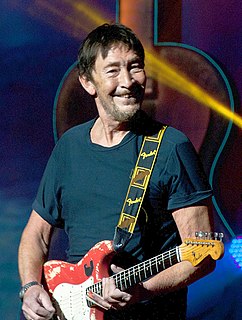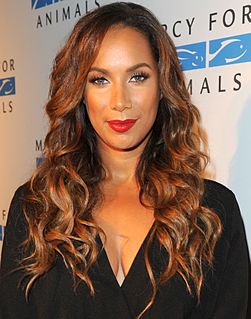A Quote by Moeen Ali
My dad and uncle were so protective so whenever someone would say or do something to harm us they were right there. They were very shy but you cross a line with them and the temper can get quite rough.
Related Quotes
My actress friends would tell me their horror stories, or say they couldn't get work, and were deemed too old, even though they were established and talented and fit and gorgeous. It was frustrating for them and it was frustrating to hear. Maybe because I was the same age as them and it was already hard enough trying to cross over to the 40s without someone judging your every move.
Years ago, I worked in a newspaper office, and there were men that would have fits of temper, and it was just accepted that that's who they were, and everyone would laugh about it, but if a woman got upset or angry, something wasn't right: she was 'hysterical' or 'a little unhinged.' It didn't have the same sort of connotation at all.
Our enemies didn't adhere to the Geneva Convention. Many of my comrades were subjected to very cruel, very inhumane and degrading treatment, a few of them even unto death. But every one of us - every single one of us - knew and took great strength from the belief that we were different from our enemies, that we were better than them, that we, if the roles were reversed, would not disgrace ourselves by committing or countenancing such mistreatment of them.
It's been rough for me trying to find my position in the struggle and where my voice is needed and helpful. You know, I grew up in Philadelphia, and Philadelphia has a really rough police-brutality history. I grew up in a neighborhood where it was very clear that the police were "them" and we were "us".
The earthquake in Haiti was a class-based catastrophe. It didn't much harm the wealthy elite up in the hills, they were shaken but not destroyed. On the other hand the people who were living in the miserable urban slums, huge numbers of them, they were devastated. Maybe a couple hundred thousand were killed. How come they were living there? They were living there because of-it goes back to the French colonial system-but in the past century, they were living there because of US policies, consistent policies.
I wouldn't say the anthropologists were making art, but they were definitely justifying their practices with very personal reasoning, passion, and they were also experimenting with form. There was a sense of trying to be as sincere as possible, whether you were investigating something far away from you or very close.
I would like to study Judaism. I feel that my own Jewish education was really quite superficial from a certain point of view. Although I think the values were very clear and were presented very clearly, there's - there were aspects of the whole tradition that were not emphasized. And, you know, I've come to those areas myself as I've grown older. But I would like to go deeper.
